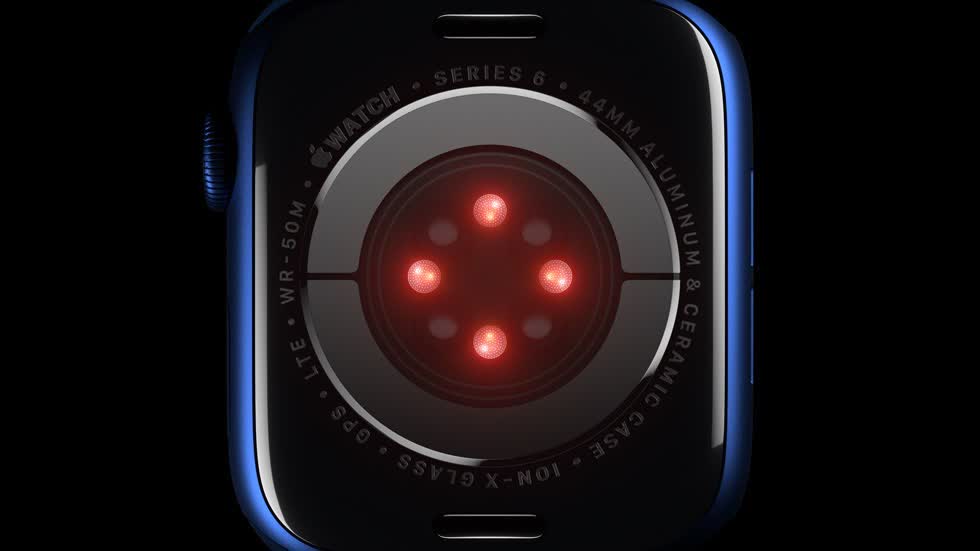In brief: Apple has been hit with a class-action lawsuit that claims the blood oxygen sensor in the company's smartwatch fails to report accurate results for wearers with darker skin tones. It adds that Apple has failed "to recognize the failings of pulse oximetry in general with respect to persons of color."
The suit, filed by plaintiff Alex Morales in New York on Saturday, highlights decades of research that points to pulse oximeter technology being ineffective when measuring blood oxygen levels in darker skin tones. The suit states that researchers "confirmed the clinical significance of racial bias of pulse oximetry using records of patients taken during and before the pandemic." The problem was especially significant during the Covid-19 crisis when pulse oximeter tech was used in hospitals to check patients' oxygen levels, the suit notes.
Morales bought an Apple Watch between 2020 and 2021. He was aware of the pulse oximetry feature but expected it would not incorporate the "biases and defects" in regard to darker skin that were shown in previous research.
"Since health care recommendations are based on readings of their blood oxygen levels, white patients are more able to obtain care than those with darker skin when faced with equally low blood oxygenation," the lawsuit claims.

Apple says its blood oxygen feature, which has been around since the Apple Watch Series 6, uses four clusters of LED lights on the back of the wearable to compensate for "natural variations in the skin." The light emitted is reflected and read by photodiodes. The diodes hand this data off to the Blood Oxygen app, which measures oxygen saturation (SpO2) in the blood based on color variations.
The suit was filed on behalf of all New York consumers who bought an Apple Watch during the statutes of limitations. Morales also sued on behalf of residents in Alaska, Arkansas, Idaho, Iowa, Mississippi, North Carolina, North Dakota, Utah, and Wyoming under those states' consumer fraud laws.
The lawsuit also accuses Apple of breaches of express warranty, fraud, and unjust enrichment, claiming violations of New York General Business Law and State Consumer Fraud Acts.
Apple Insider reports that this isn't the first time Apple has faced complaints over a watch sensor. In 2015, users said that black wrist tattoos interfered with its heart monitor. Apple wrote that dark tattoos could block light from the sensor, making it difficult to get reliable readings, but there was no mention of skin tones.
